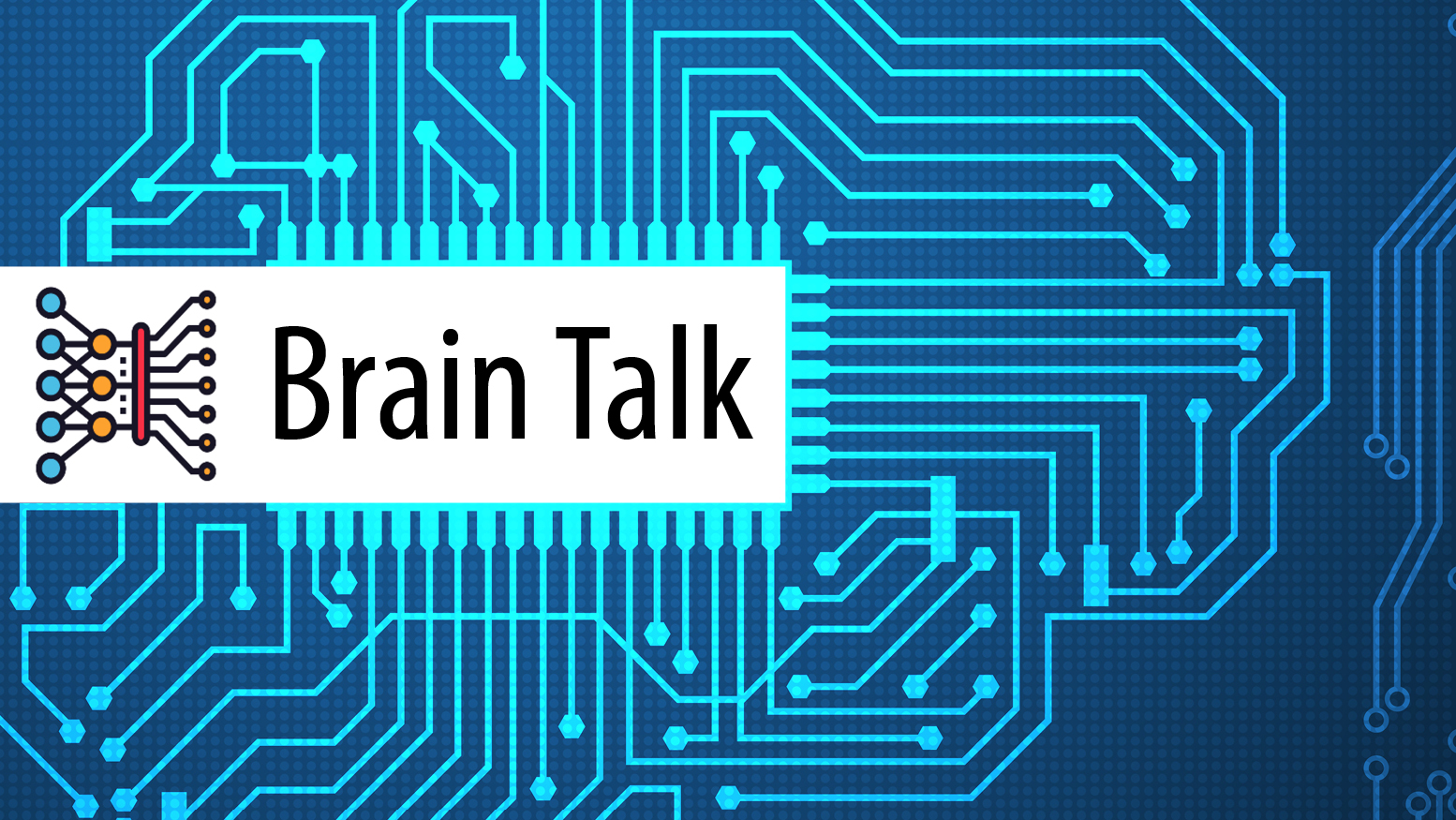The Brain Talk webinar is an online platform that gives the opportunity to scientists, researchers and early-stage researchers to present, discuss and share their brilliant ideas on Machine Learning (ML) and Computational Science. We believe that everyone should have the opportunity to learn and achieve their full potential. To that goal, innovative ideas are shared here.
Program
Interactive Music Generation with Artificial Intelligence, Shayan Dadman
Interactive music generation has the potential to improve music creation and consumption by providing users with the ability to participate actively in the music creation process. Interactive music generation is a complex and interdisciplinary research area that requires the integration of techniques from various fields, such as artificial intelligence, machine learning, music theory, and human-computer interaction.
Here, we highlight the opportunities and challenges for interactive music generation and propose a framework for designing interactive music generation systems. The proposed framework is based on multi-agent systems (MAS) and consists of input processing, music generation, and output rendering. The input processing stage involves collecting and analyzing user input, such as sensor data or musical preferences, to inform the music generation process. The music generation stage involves generating musical content based on the input received in the previous stage. The output rendering stage involves presenting the generated music to the user meaningfully and interactively.
Furthermore, we discuss the potential benefits of using MAS in interactive music generation. One of the benefits of using MAS in interactive music generation is the ability to model complex musical interactions that are difficult to achieve with traditional approaches. For example, MAS can simulate the interactions between different instruments in a musical ensemble, allowing for the creation of more realistic and diverse musical compositions. Moreover, MAS can create musical conversations between different musical agents, generating new musical ideas and interactions. These musical conversations can be designed to respond to user input, creating an interactive and collaborative experience for the user.
However, we also acknowledge the challenges of designing MAS for interactive music generation. Designing effective MAS-based systems for interactive music generation has challenges. One of the primary challenges is the need for effective coordination mechanisms to ensure that the musical agents work together cohesively. This is particularly important when modeling complex musical interactions, where agents must coordinate their actions to create a coherent musical composition. In addition, the coordination mechanisms need to be designed to handle different musical styles and genres, as well as additional user input.
In addition, MAS-based systems may generate incoherent or chaotic musical content if not designed carefully. This can happen if the agents are not adequately coordinated or if they generate conflicting musical ideas. To avoid this, the agents need to be designed to complement each other and generate musical content that is consistent with the user input and the overall musical composition. Besides, the design of MAS-based systems for interactive music generation must consider the computational complexity involved. The more agents are involved in the system, the more complex the computational requirements become. This can lead to longer processing times and more significant computational resources, which may limit the system's scalability.
Overall, this presentation provides insights into the potential application of MAS in interactive music generation and the challenges and opportunities for designing effective MAS-based systems for musical interaction. Attendees will gain a deeper understanding of the benefits and challenges of using MAS in interactive music generation and learn about potential solutions for designing effective MAS-based systems for musical interaction.
Speaker
Shayan Dadman received the B.S. degree in software engineering from Azad University, in 2017, and the M.S. degree in computer science and geometric modeling from the UiT The Arctic University of Norway, Narvik, in 2020, where he is currently pursuing the Ph.D. degree in artificial intelligence, and the application of reinforcement learning and multi-agent systems for the algorithmic composition of music.
From 2020 to 2021, he was a Research Assistant with the Department of Computer Science and Computational Engineering, UiT The Arctic University of Norway. His research interests include computational creativity, the algorithmic composition of music, reinforcement learning, multi-agent systems, and human–computer interaction.
This webinar series for dScience is produced and organized by The Brain Talk team:
